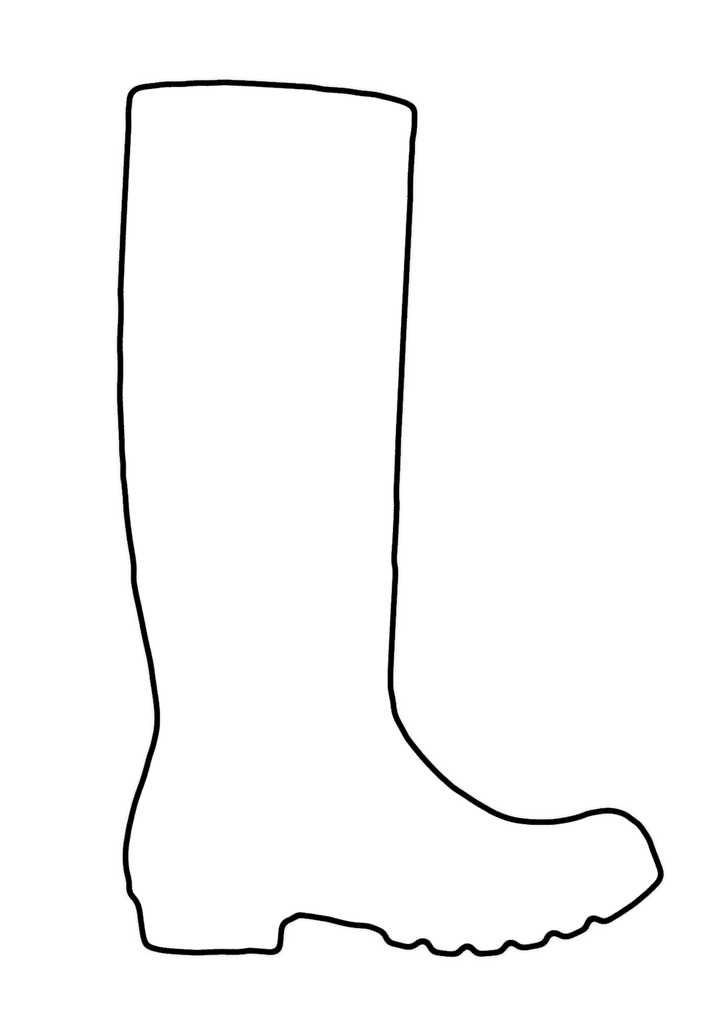The Boot Kidz — Duke of Wellington
Who invented Wellies?
Karen Henry 2018 Article Boots Charles Goodyear Duke of Wellington Hiram Hutchinson History Neoprene Rubber Wellies Wellington Boots Welting
Who invented Wellington boots? No single person was responsible for the invention of rubber Wellington Boots. The Duke of Wellington designed the Wellington Boot - although not called the Wellington boot at the time for his soldiers for the Battle of Waterloo, in 1815, fighting against Napoleon. The distinguishing feature of the Wellington Boot was the low-cut heels and the calf-high tops. The Duke of Wellington defeated Napoleon at Waterloo, and in the wake of this victory and his ensuing popularity, Wellington boots became popular. Originally Wellies were made in hessian - a natural fiber from the skin of the Jute plant. The hessian boot...
Wellington Monument, Somerset, England
Karen Henry 2015 2017 Duke of Wellington Educational History
The Wellington Monument is located in the Blackdown Hills along the Somerset-Devon border in south-western England. The Wellington Monument was built to celebrate the Duke of Wellington's victory at the Battle of Waterloo with Napoleon's last stand taking place on Sunday, 18 June 1815. In 2015, Britain marked the bicentenary (200 years) of the decisive battle, which saw the Duke of Wellington, in whose honour the monument stands, defeat Napoleon in what is now Belgium. The Wellington Monument is a 175 feet (53 m) high. It is 80 feet (24 m) wide at the base. The foundation stone was laid in 1817,...
Origin of Wellington
Karen Henry Article Duke of Wellington English Etymology Wellington word origin
The First Wellington The earliest reference to the surname in genealogy website records is Peter Wellington, born in 1563 in Torrington, Devon, England. Ref: https://www.ancestry.co.uk/genealogy/records/peter-wellington_24343950 Origin of the Word Wellington The origin of Wellington is most likely from the town of Wellington in Somerset, England. It was originally known as Weolingtun in the Anglo-Saxon period and was recorded by the name of "Walintone" in the Domesday Book of 1086. Old English 'Weolingtun' Earlier it was recorded that Edward the Elder gave land known as Weolingtun to Bishop Asser in exchange for the monastery of Plympton in Devon. Weolingtun meant "Wealthy Estate" in Old...


